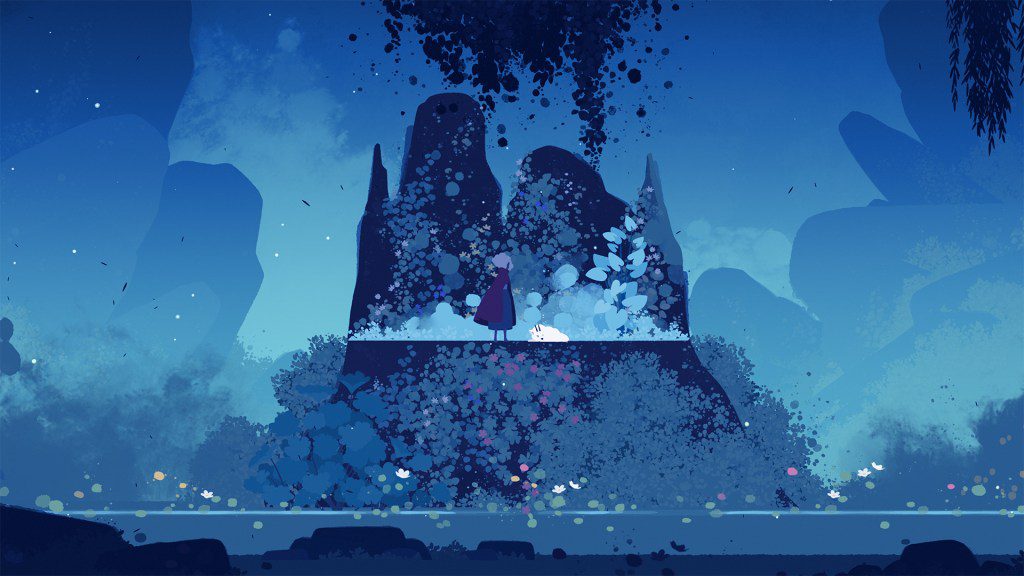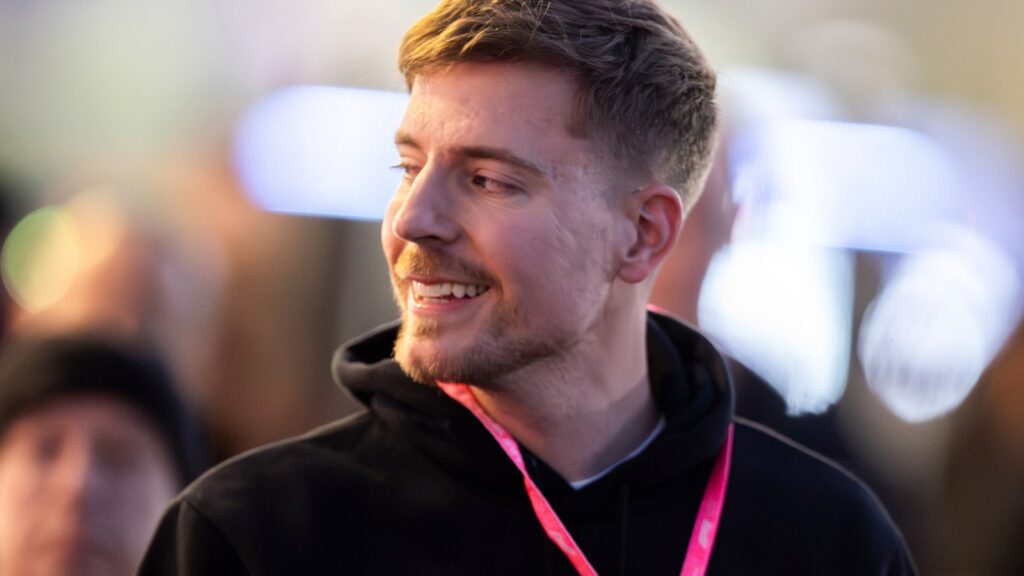The Creators of ‘Neva’ Wanted to Make the Fears of Parenthood Playable
In a year filled with bombastic AAA titles from some of the most famous franchises in video games, small indie studios need to think outside the box in order to stand out from the crowd. Nomada Studio is no stranger to this; back in 2018, it released its first game, Gris, a profound analysis of grief and loss through the watercolor-splashed view of a girl grappling with the loss of her mother.
Nomada is back in 2024 with Neva, an adventure starring a woman and her wolf companion. However, this time the focus isn’t on one singular emotion, but rather the cacophony of feelings that is parenting. Through the human Alba and her wolf companion Neva, Nomada explores the peaks and valleys of being responsible for new life, and every emotion that comes from it. It’s easily the year’s most heartbreaking game.
Rolling Stone recently spoke with Adrian Cuevas, technical director at Nomada Studio, about the thought process Neva. From mechanics to level design, enemies to puzzles, everything in Neva calls back to one single truth: Parenting is hard work.
Parenting as a relationship
The relationship between parent and child — and how it changes through each phase of the growing up process — is an essential piece of Neva‘s main themes. The game was developed in a period where multiple studio members, including co-founders Roger Mendoza and Conrad Roset, became parents themselves.
“We want to show you how this relationship changes,” Cuevas says, “and also how the perception of the world changes for parents when they have children. We want to explore how a parent feels when raising a kid, as the kid grows and changes.”
This is apparent from the start, as at first, Neva is timid but curious, eager to learn more about the world but exercising caution, such as in an early moment when that player (as Alba) must show Neva how to jump a large gap between cliffs or save her from a trap sprung by the game’s black, oily enemies. Eventually, Neva is clearing those gaps without assistance, and even running off to tackle danger head-on.
At first, Neva is a helpless pup who needs Alba’s guidance even as she learns lessons the hard way.
Devolver Digital; Nomada Studio
Cuevas describes this a a mirror to what raising a child feels like. “At the beginning, you have to take care of your kids, they cannot defend themselves,” he explains. “You have to be with them for everything. Then, when they grow up, they make mistakes, they try to know everything, but they don’t. Eventually, as they progress, the roles are reversed, and they tend to be the ones protecting or helping you, the parent, when you get older.”
Seasons of (parental) love
Neva frames this relationship between human parent and wolf child through a seasonal structure: The story begins in spring, then turns to summer, winter, and fall, before returning to spring once again. In each season, Neva grows a little bit bigger, with a few more defining features, and also learns some new mechanics for combat and exploration.
This notes a key difference in Nomada’s approach to this game that deviates from a common gaming trope: It’s not the player character, Alba, who is evolving. It’s Neva, the “child” she’s guiding, that’s earning more powers, which in turn helps the duo out in the process. It’s a clever way to fit a child’s development into the overall story — and Cuevas reveals this was one of the first ideas the team crafted when developing the game. “We knew from the beginning that we didn’t want to make Alba the human character progress,” Cuevas says. “We knew evolution had to come from Neva, because she’s the one growing up; she’s the one changing.”
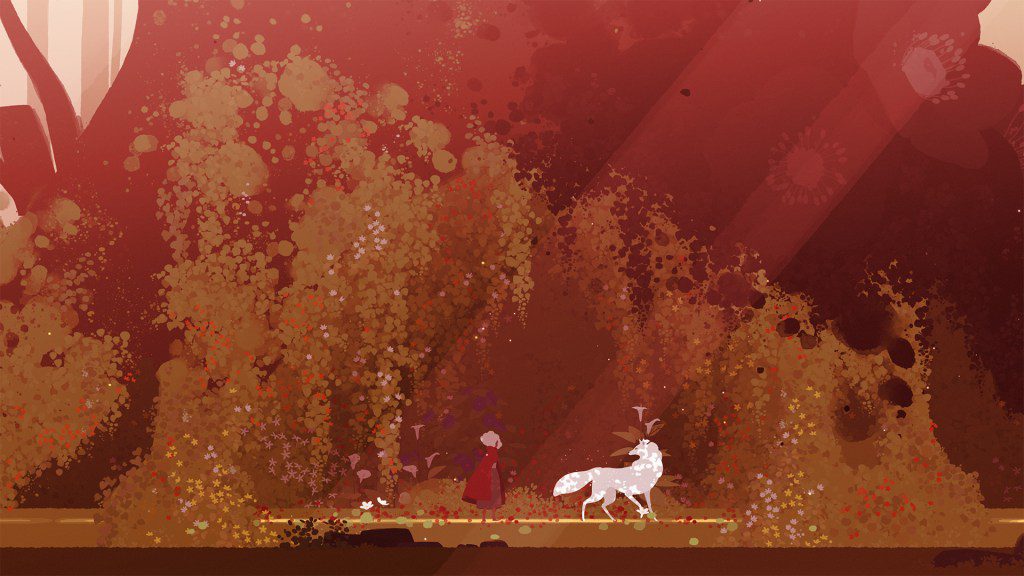
Neva grows and matures over the seasons, becoming more independent from Alba, and the player.
Devolver Digital; Nomada Studio
The team was also careful to pick up the story in the middle of each season, and not right when one changes to another. This infers that time has passed in the game’s world, and as Cuevas explains, means that “something changed within her during that season that gives her a new ability or changes her behavior.” The choice is taken away from the player and left solely to Neva herself, in yet another accurate nod to the experience of parenting.
The dangers of the world
Parenting is a complex act, and with it comes all sorts of trials and tribulations. Some are smaller in scope, like making sure the child gets to school safely or keeping them from hurting themselves on a playground. Others are more broad but even more frightening, like war and climate change.
Neva portrays these changes through oily black creatures with humanoid features, which serve as “a visual cue to where we think most of these problems are coming from,” according to Cuevas. At first, these creatures mostly keep their distance, as they’re seen watching Neva and Alba from a distance. Alba is vigilant, but Neva can’t be bothered, instead letting her curiosity get the better of her.
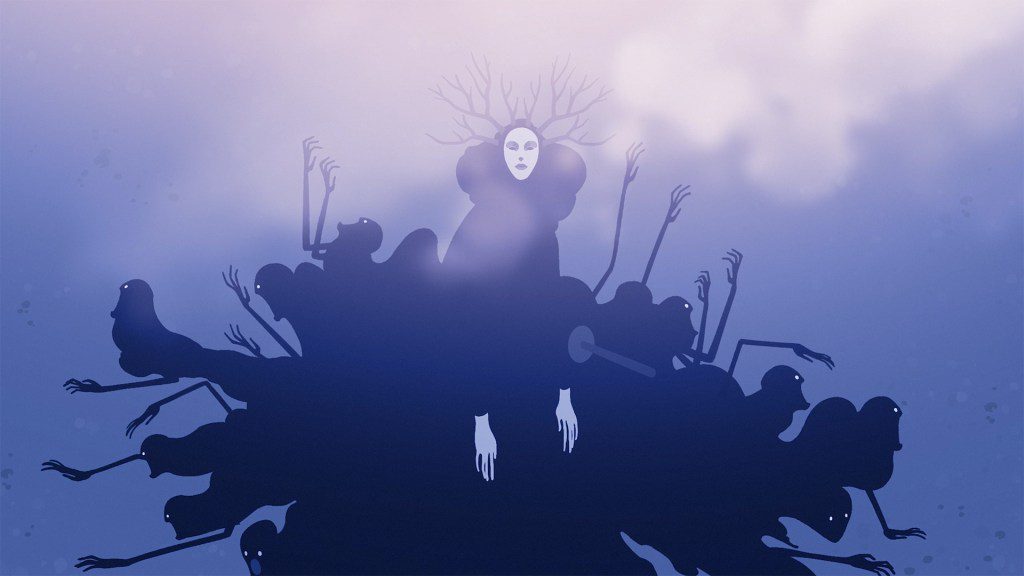
The Dark Queen represents everything toxic and corrosive in society.
Devolver Digital; Nomada Studio
“When Neva first sees this corruption, she’s not scared; she’s smelling and trying to see what it is. Eventually, it grabs her, and she realizes this is actually a problem,” Cuevas explains. Alba, through the player, then goes into parental protection mode as they slay the beasts and free the confused pup from its confines.
Cuevas describes Alba as someone not simply content with dealing with the effects of the issue; she wants to find the root of the problem and erase it. That root is the Dark Queen, a culmination of all of those aforementioned tribulations made manifest, though Nomada is interested in how people interpret this final foe. “I think each person is probably thinking about one particular topic,” Cuevas says, “but we’re trying to represent all of these problems through the Queen.”
An emotional journey
As with Gris before it, Neva tells its story through unspoken means; rather than filling its cutscenes with dialogue, the game uses music, sound effects, and whimsical animation to tell its tale. In fact, throughout the adventure, there’s only one word the player will hear from Alba’s mouth: “Neva.” Not only that, but the player controls when she says it.
In the beginning, it’s used to call Neva to the player or to praise the wolf while petting her, so it’s said with love and affection. Other times, if Neva goes on ahead, the inflection will turn to curiosity while Alba searches for her friend. In extreme cases, however, pressing that button elicits a shout of fear and anguish from Alba, like in one moment when the two are separated and Alba must race through a maze to reach Neva — only for the dog to be happily waiting for her as if nothing had happened. That’s relatable parenting if we’ve ever seen it.
Mixed throughout the game are moments of grief — an emotion not commonly associated with parenting, but one this studio knows all too well. Cuevas wanted to get the full spectrum of emotions that come with all facets of parenthood, but the team was careful not to fall into old habits and lean too heavily on the feeling that carried their previous project.
“I think Gris was more linear in its feeling; the topic was grief from beginning to end, and it was a process of overcoming this grief,” Cuevas says. “The feelings here are more complex, because you are trying to represent, basically, a lifetime of relationships between these two, and it’s not always going in the same direction.”
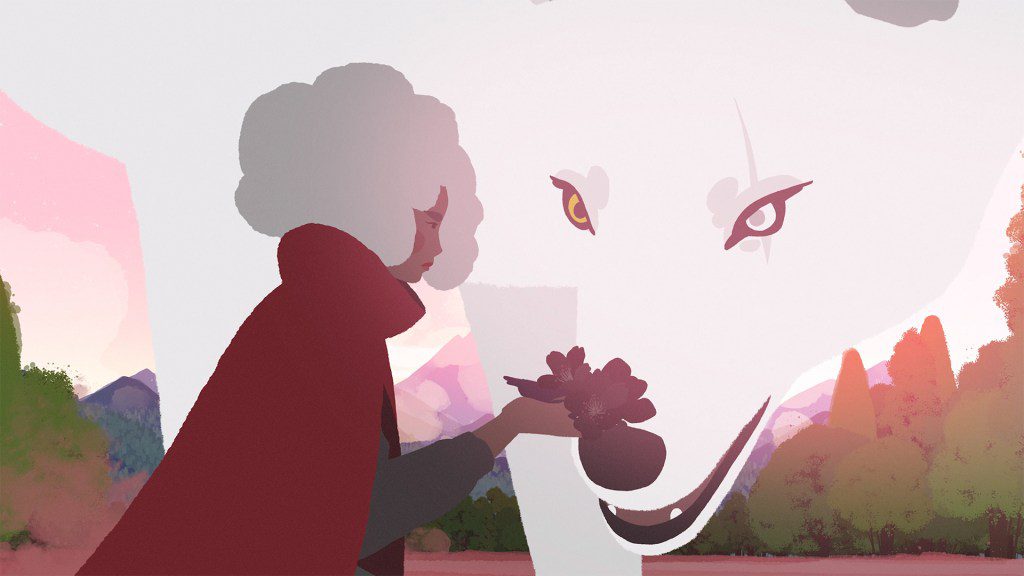
The game opens in beautiful spring but the season quickly sours.
Devolver Digital; Nomada Studio
Cuevas and team were careful to show that, in the beginning, Alba and Neva are living a happy life, which then enhances the moments of fear and doubt later on. “In the first five minutes, it’s all happiness,” he explains, “but when all this happiness gets challenged, we wanted to show how this is affected by corruption. We want to play with the feeling that you have to be scared because Neva might die, but also with the happiness of when Neva does something right, or when she helps you. It’s more of an up-and-down feeling.”
Not just for parents of human children
The bond between mother and child is apparent throughout Neva, but choosing this path as the main theme comes with a particular risk. Namely, that some players aren’t parents themselves, so the themes of parental connection and bonding might not resonate with them as much as they will with players with kids.
For Cuevas, the major themes of Neva can be appreciated by anyone who’s ever had to care for another life, even if it’s not a child of their own. “Obviously, we try to target mostly parents, but I also had dogs when I was younger, and I know that the feeling could be very strong,” Cuevas says. “I know it’s going to relate with a lot of people that maybe don’t have kids but do have pets.”
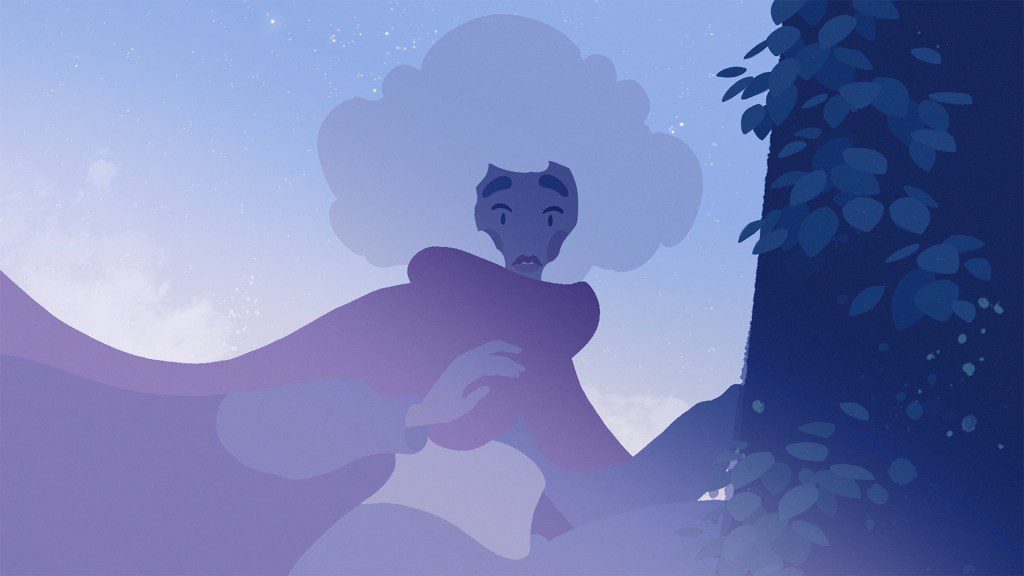
Neva is a warrior in more ways than one. Her greatest challenge isn’t fighting, it’s being a parent.
Devolver Digital; Nomada Studio
This thinking also played a role in the seasonal structure discussed before, as it represents something every human on Earth can relate to: The inevitable passage of time. “Seasons were a very important tool for us, so we could create “time ellipses.” We could explain that some time had passed, even if it was just through the seasons, and that the relationship had changed.”
Anyone who’s ever cared for another being, human or otherwise, can likely find a connection to Neva, which is available now on all consoles and PC.


